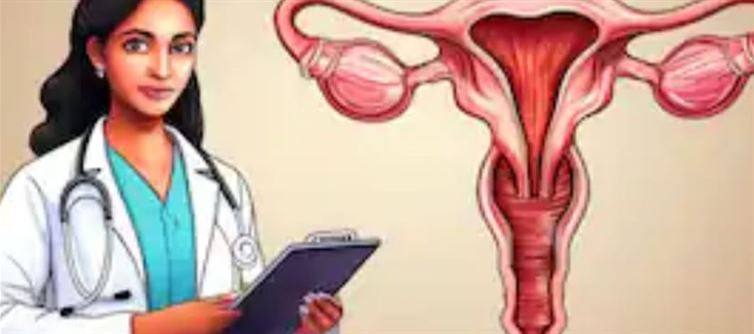
Polycystic Ovary Syndrome (PCOS) is one of the most common hormonal disorders among women of reproductive age. Despite its prevalence, it remains widely misunderstood. Misconceptions can lead to misdiagnosis, unnecessary anxiety, and confusion. Let’s debunk common myths and shed light on the realities of this complex condition.
Myth 1: PCOS Always Implies Cysts in the Ovaries
Fact: The term “cysts” is misleading.
The tiny fluid-filled sacs seen on ultrasound are not true cysts but immature follicles.
Not all women with PCOS have this ultrasound finding.
Diagnosis is based on a combination of factors: irregular ovulation, signs of excess androgens, and ovarian morphology.
Relying on ultrasound alone can lead to both under- and overdiagnosis.
Myth 2: PCOS Is Only a Reproductive Issue
Fact: PCOS is more than irregular cycles or infertility.
It is a systemic metabolic condition linked to:
Insulin resistance and type 2 diabetes
Dyslipidemia and non-alcoholic fatty liver disease
Increased cardiovascular risk
Mental health concerns, such as anxiety, depression, and body image issues, are also common.
Management should include both metabolic and psychological care, not just reproductive health.
Myth 3: Only Overweight or Obese women Get PCOS
Fact: PCOS affects women across all body types.
“Lean PCOS” is common, especially among Asian women.
Even women with normal BMI can have hormone disturbances like insulin resistance and hyperandrogenism.
Clinicians should not dismiss PCOS in women of normal weight.
Myth 4: Irregular Menstrual Cycles Always Mean PCOS
Fact: Many other conditions can cause irregular periods, including thyroid disorders, high prolactin, stress, or eating disorders.
Some women with PCOS may still have regular cycles despite other symptoms.
Proper evaluation requires lab tests and metabolic assessment.
Myth 5: women with PCOS cannot Be Pregnant
Fact: PCOS is the leading cause of infertility, but pregnancy is possible.
Many women conceive naturally or with medical help.
Lifestyle changes, medications, and assisted reproductive techniques significantly improve fertility outcomes.
With appropriate treatment, PCOS does not have to be a lifelong barrier to pregnancy.




 click and follow Indiaherald WhatsApp channel
click and follow Indiaherald WhatsApp channel